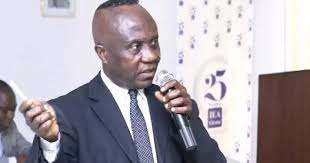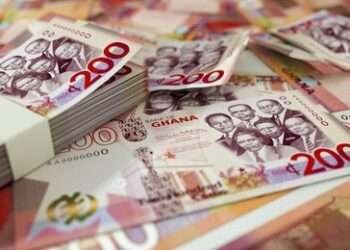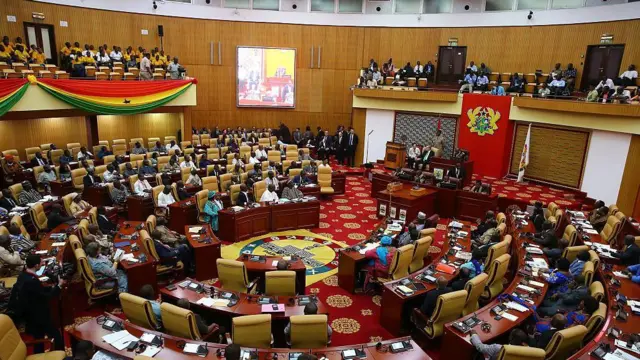The Institute of Economic Affairs (IEA) has made a compelling case for the establishment of an independent Fiscal Council (FC) in Ghana.
The institute is urging the government to adopt sweeping reforms aimed at breaking the cycle of fiscal mismanagement and reliance on International Monetary Fund (IMF) bailouts.
In a recent press release, the IEA stressed the critical need for a robust fiscal framework to stabilize the economy and restore policy credibility.
The institute argued that an FC would prevent the government from overshooting its planned expenditures, thereby fostering fiscal discipline.
Ghana has long struggled with fiscal deficits, where government spending consistently outpaces revenue generation.
These deficits have been traditionally financed through substantial borrowing, both domestically and internationally, resulting in macroeconomic instability characterized by persistent inflation, currency depreciation, and a mounting debt burden.
“The cycle of borrowing to cover deficits, followed by economic crises and subsequent IMF bailouts, has become an all-too-familiar narrative for Ghana. It’s a vicious cycle that undermines long-term economic stability.”
IEA
To tackle these challenges, the IEA advocated for the creation of an FC as a pivotal reform measure. This council would act as an independent oversight body, offering unbiased analysis and recommendations on fiscal policy.
Such an entity would ensure compliance with fiscal rules and promote sustainable economic management.
“The establishment of a Fiscal Council is essential for providing objective and expert oversight over fiscal policy. It will ensure that fiscal decisions are based on sound analysis and long-term considerations rather than short-term political expediency.”
IEA
Drawing inspiration from successful models in developed countries, the IEA highlighted the benefits of having an independent fiscal watchdog.
Institutions like the UK’s Office for Budget Responsibility (OBR) and Sweden’s Fiscal Policy Council (FPC) have shown how independent fiscal bodies can significantly contribute to economic stability by evaluating government fiscal policies and providing transparent, credible forecasts.
“These international examples highlight how a well-functioning Fiscal Council can foster fiscal discipline and long-term sustainability, something that is critically needed in Ghana,” the IEA noted.
Recommendations for an Independent Fiscal Council
The IEA’s press release also provided specific recommendations for establishing an effective FC in Ghana.

Key among these is ensuring the council’s independence by appointing its members through a rigorous, competitive process involving Parliament and the Public Services Commission.
“The Fiscal Council must be independent and composed of professionals with proven expertise in economics, public finance, and related fields. Its funding should be secured through Parliament to avoid any undue influence from the executive.”
IEA
The IEA underscored that implementing such reforms would help Ghana avoid the cyclical trap of IMF bailouts and foster a culture of fiscal responsibility and economic resilience.
“Implementing these reforms can pave the way for a more stable and self-sustaining economic future for Ghana. It is a critical step towards entrenching fiscal discipline and regaining international confidence in Ghana’s economic management,” the IEA concluded.
The call for a Fiscal Council highlights the urgent need for structural reforms to address Ghana’s fiscal challenges.
By adopting the right framework, Ghana could achieve greater economic stability, reduce its reliance on external bailouts, and build a foundation for sustainable growth.
Given the persistent fiscal issues, Ghana would greatly benefit from establishing an independent FC.
This council would ensure fiscal policies are grounded in sound economic principles and long-term planning, rather than short-term political interests.
If implemented, the IEA’s recommendations could lead to a new era of fiscal responsibility and economic resilience for the nation.
READ ALSO: Farage’s Return to Reform UK Sparks Financial Windfall and Poll Surge





















